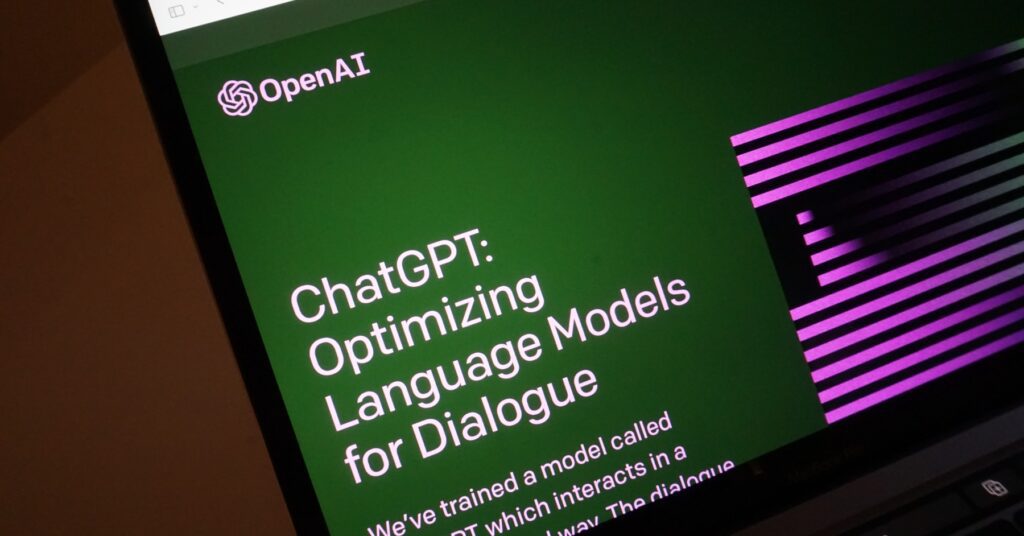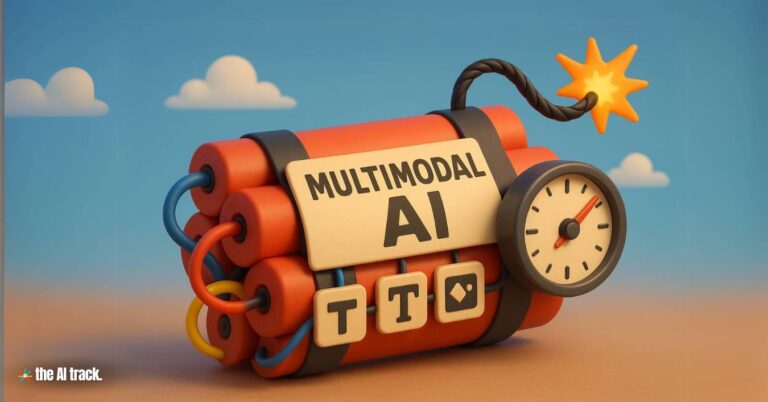Jump to Sections
This move aims to overcome copyright barriers that previously hindered the nation’s progress in AI technology.
In a significant development, the Japanese government has taken a bold step by declaring that it will not enforce copyrights on data utilized in AI training. This groundbreaking policy allows AI systems to utilize any data without concerns regarding copyright ownership or the data’s source. The primary objective behind this decision is to overcome copyright hindrances that have impeded Japan’s advancement in AI technology. By removing these barriers, Japan aims to bolster its AI sector, compete with global leaders, and actively contribute to shaping the rules governing AI systems.

Accelerating AI Development and Deployment
According to a report from Technomancers.AI, the Japanese government’s policy shift has the potential to revolutionize the AI landscape by encouraging open access to a wide array of data for training AI systems. By allowing AI to utilize data freely, Japan aims to accelerate the development and deployment of advanced AI technologies across various industries.
This decision underscores Japan’s commitment to fostering innovation and driving progress in the field of artificial intelligence.
Japan ranks as the third-largest source of traffic to OpenAI’s website, highlighting the country’s interest in AI technologies. Japan, despite recent setbacks in technology trends, recognizes the importance of keeping up with AI and robotics advancements to maintain productivity in the face of a shrinking population. Effective implementation of AI could potentially boost Japan’s GDP by 50% or more in a short time.
Access to high-quality Western data is crucial for Japan’s AI ambitions, as Japanese language training data is significantly less abundant than English language resources.
Japan believes that if the West uses Japanese culture for AI training, Western literary resources should also be available for Japanese AI.
An interesting twist to the global conversation surrounding AI regulation
The implications of this decision extend beyond Japan’s borders, as it introduces an interesting twist to the global conversation surrounding AI regulation.
As nations around the world grapple with the challenges of governing AI systems, Japan’s move showcases a different approach, emphasizing the importance of unrestricted data usage for AI development.
On the other hand, and in a totally different direction, Japan’s privacy watchdog has issued a warning to OpenAI, the Microsoft-backed startup, regarding the collection of sensitive data without people’s permission.
The Personal Information Protection Commission has advised OpenAI to minimize the collection of sensitive data for machine learning and indicated that further action may be taken if necessary.
It is obvious that Japan, recognizing the significance of AI regulation, seeks to strike a balance between privacy concerns and the potential benefits of generative AI.

Fostering Innovation and Talent Acquisition through Copyright Reform
This policy aligns with Japan’s ambitious goals to establish itself as a leading force in the AI technology sector. By removing copyright restrictions, Japan hopes to stimulate innovation, attract talent, and foster an environment conducive to groundbreaking AI research and development.
While the decision raises questions about intellectual property rights and potential misuse of data, the Japanese government remains steadfast in its pursuit of technological advancement. It aims to leverage the wealth of available data to train AI systems, gaining a competitive edge in the global AI landscape.
It is worth noting that this move by Japan reflects the nation’s determination to shape the future of AI regulation. As one of the world’s major economies, Japan’s actions will undoubtedly influence the ongoing discussions surrounding AI governance, both domestically and internationally.
Conclusion
In conclusion, Japan’s government has taken a momentous step by declaring that copyrights will not be enforced on data used in AI training. This decision aims to overcome the barriers that have previously hindered Japan’s progress in AI technology. As Japan strives to strengthen its AI sector, compete globally, and contribute to shaping AI regulations, its move challenges the ongoing debate on AI governance. This development marks an intriguing twist in the global landscape of AI regulation.
Key Takeaway
🇯🇵 Japan’s government has made a groundbreaking decision to waive copyright enforcement on data used in AI training.
🇯🇵 This move aims to overcome barriers that previously hindered the nation’s progress in AI technology.
🇯🇵 Japan seeks to boost its AI sector, compete globally, and influence AI system regulations.
🇯🇵 This decision adds an interesting twist to the global debate on AI regulation.





